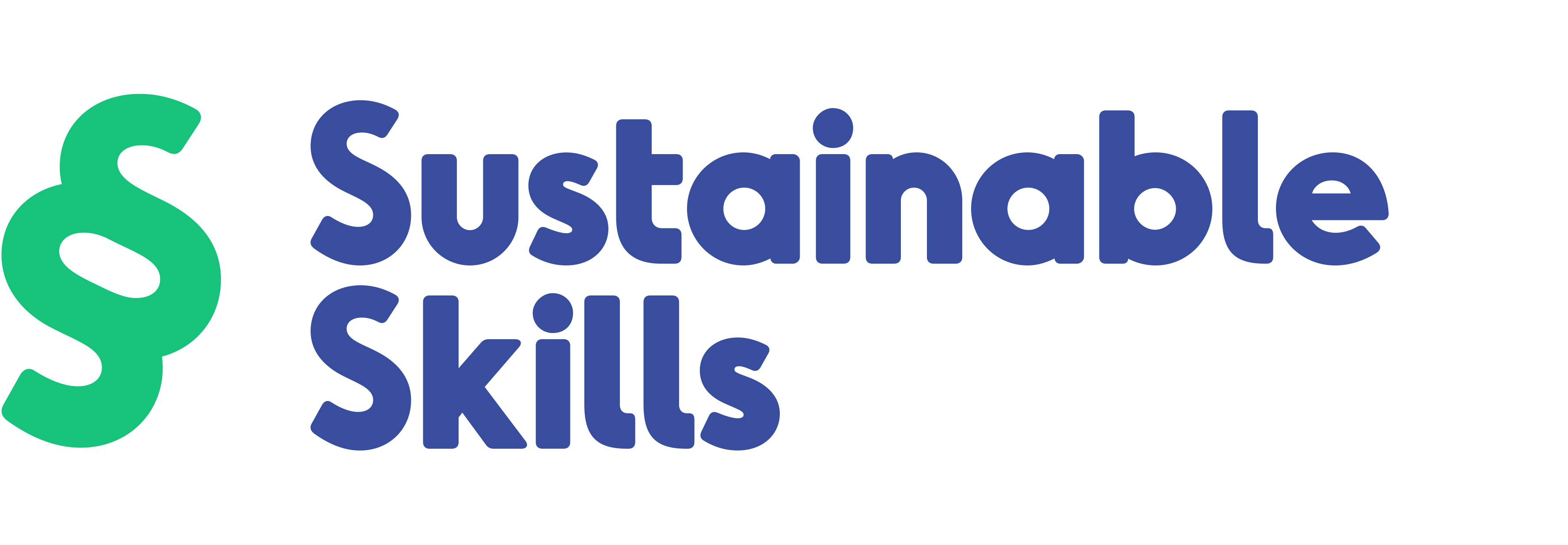
As recognised by the UN 2030 Agenda for Sustainable Development, TVET systems not only have the capacity to influence labour markets and national economies, but also to contribute to equitable, inclusive and sustainable societies.
In the current economic scenario, funding of national TVET systems is a key challenge for each country and the ability to measure the Return of Investment (ROI) obtained from investing in TVET is crucial to all stakeholders involved in the system. Understanding the ROI in vocational education can help, government, industry, and individuals to measure productivity and to determine increases in the employability of individuals following training investment. However, the measurement of ROI is not straightforward and may vary depending on the context.
National Centre for Vocational Education Research (NCVER), the professional and independent body responsible for collecting, managing, analysing, evaluating and communicating research and statistics about vocational education and training (VET) in Australia, recently launched a framework to better measure the return on investment from TVET. The research project is based on discussions and partnerships with UNESCO-UNEVOC International Centre in Bonn (Germany), and other UNEVOC Centres in Asia-Pacific region.
The framework uses three main stakeholder groupings – individuals, business and the economy. Although the framework separates these three perspectives, they are not independent of each other.
The authors highlight the following key observations:
- The key types of ROI for individuals arising from TVET are primarily employment and productivity supporting higher wages. Attainment of employability skills and improved labour force status are also highly valued job-related returns. Non job-related indicators focus on well-being such as self-esteem and confidence, foundation skill gains, along with social inclusion and improved socio-economic status.
- The key indicators of ROI for employers arising from TVET cover employee productivity, business profitability, improving quality of products and services and business innovation. Businesses operate similar to small communities and as such generate social and environmental benefits. In particular employee well-being, employee engagement (which reduces absenteeism and staff turnover), a safe workplace and environmental sustainability practices are key non-market indicators of business returns.
- The key indicator of ROI in the economy from TVET is economic growth. This relates to labour market participation, reduced unemployment rates and a more skilled workforce. TVET returns to education and training, bring other benefits to society, including improved health, social cohesion (increased democratisation and human rights), and improved social equity particularly for disadvantaged groups and strengthens social capital.
